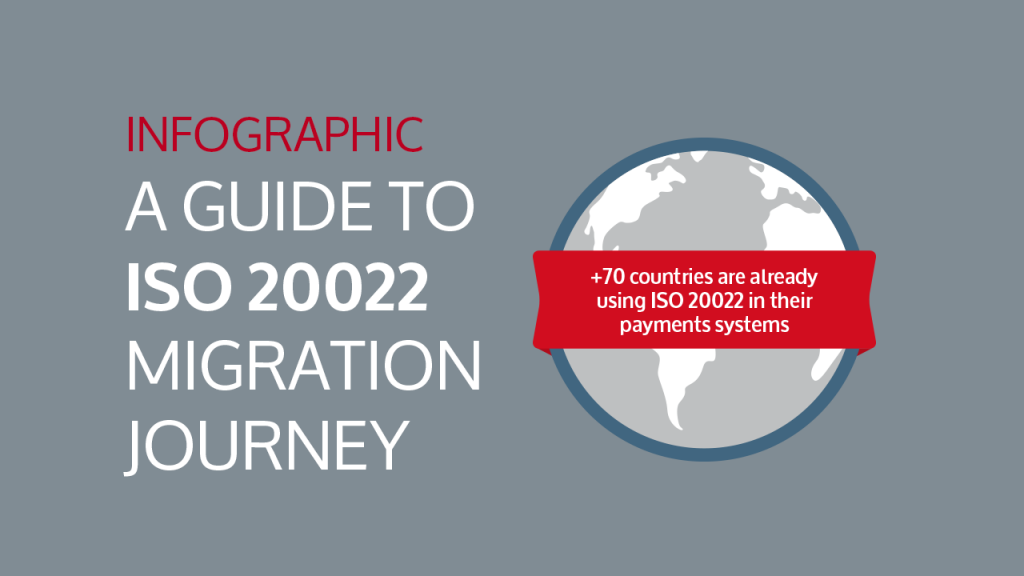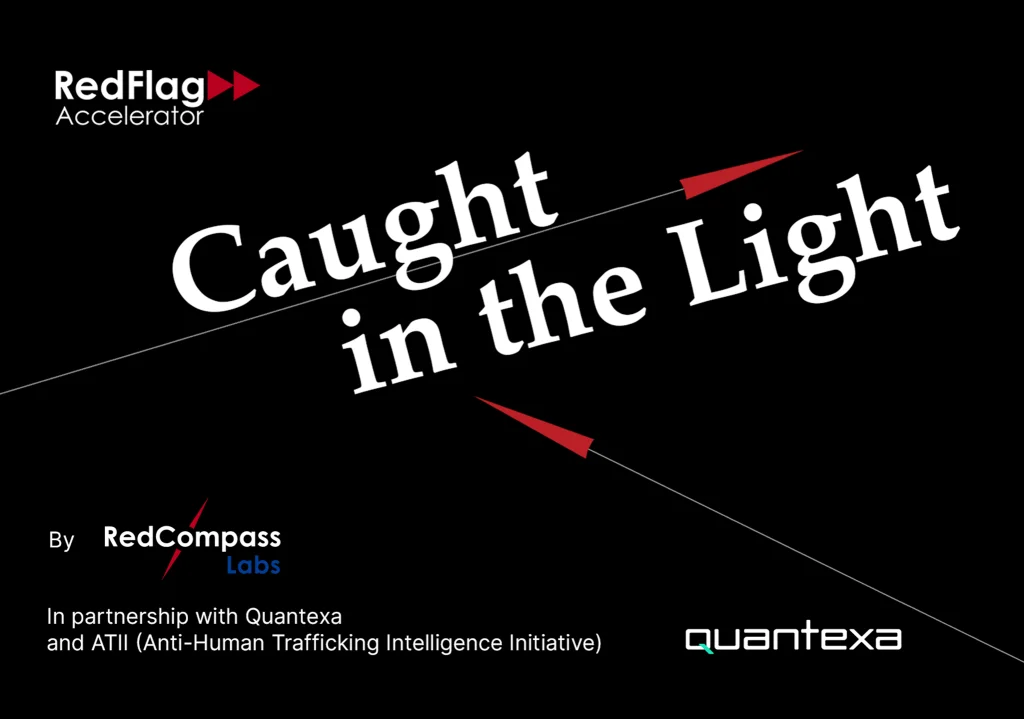We are well down the road of the ISO 20022 implementation across the entire global financial services industry. If you are one of the many banks that has decided to adopt or is close to adopting translation services, this series is for you.
In this short 4-episode series, our experts share some tips and lessons learned using translation services to best execute your ISO 20022 migration, and help you avoid being blindsided by potential pitfalls.
The episodes were broadcasted live every Thursday throughout September. During a short and sharp 15-minute chat, we discuss the ins and outs of a translation services strategy, data truncation, hybrid strategy migrations, ecosystem impact, ISO 20022 long-term opportunities and more.
Episode 1
Aired on: 9th September, 10 AM (UK time)
Lost in [ISO 20022] Translation: Why a longer-term holistic view is vital
We discuss:
- What challenges banks will face in November 2025
- Can translation services protect banks from having to change their internal systems?
- What planning horizon should banks use for ISO 20022?
Episode 2
Aired on: 16th September, 10 AM (UK time)
ISO 20022 hybrid strategy: What pitfalls exist for banks banking on translation services?
We discuss:
- What dangers do translation services pose?
- And what benefits?
- What is the right path over the coming years for banks using translation services?
Episode 3
Aired on: 23rd September, 10 AM (UK time)
ISO 20022: Have you built a house of straw, sticks or bricks? Lessons to learn from the three little pigs
We discuss:
- What foundation is required to successfully deliver your ISO 20022 migration strategy?
- How do you understand the full end-to-end impact of the migration?
- How do you deal with the complexity of a bespoke translator
Episode 4
Aired on: 30th September, 10 AM (UK time)
Data, data everywhere: What ISO 20022 data means and how we should tame it to use it?
We discuss:
- Why does payment data matter so much for banks?
- What opportunities could banks be leveraging with richer ISO payment data?
- Can banks using translation services really make the most of this data? If not, what approach should they be taking to do so?
Share this post
Written by

RedCompass Labs
Resources






